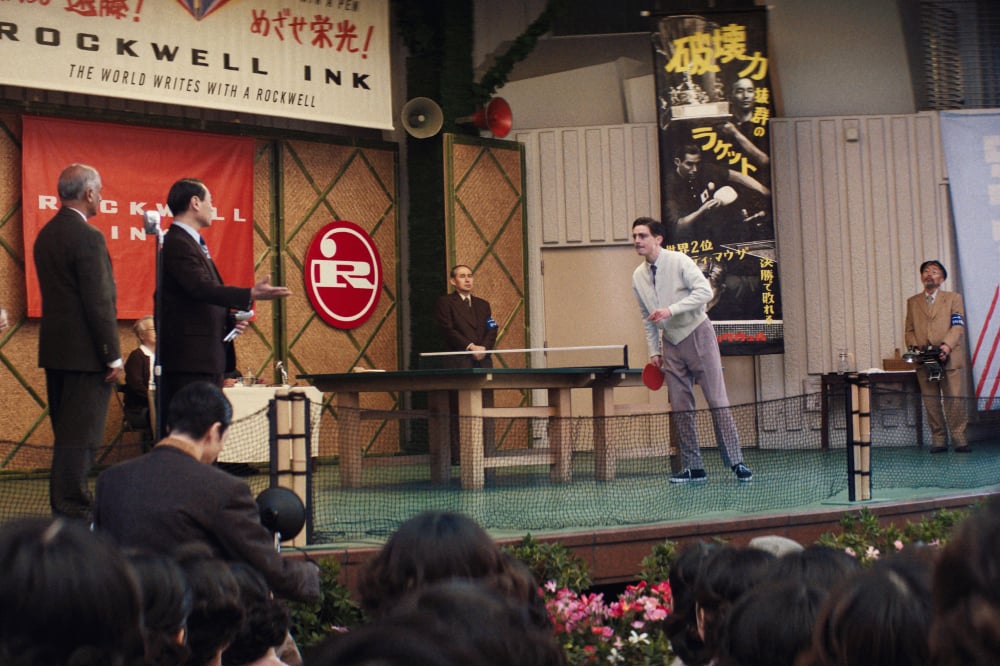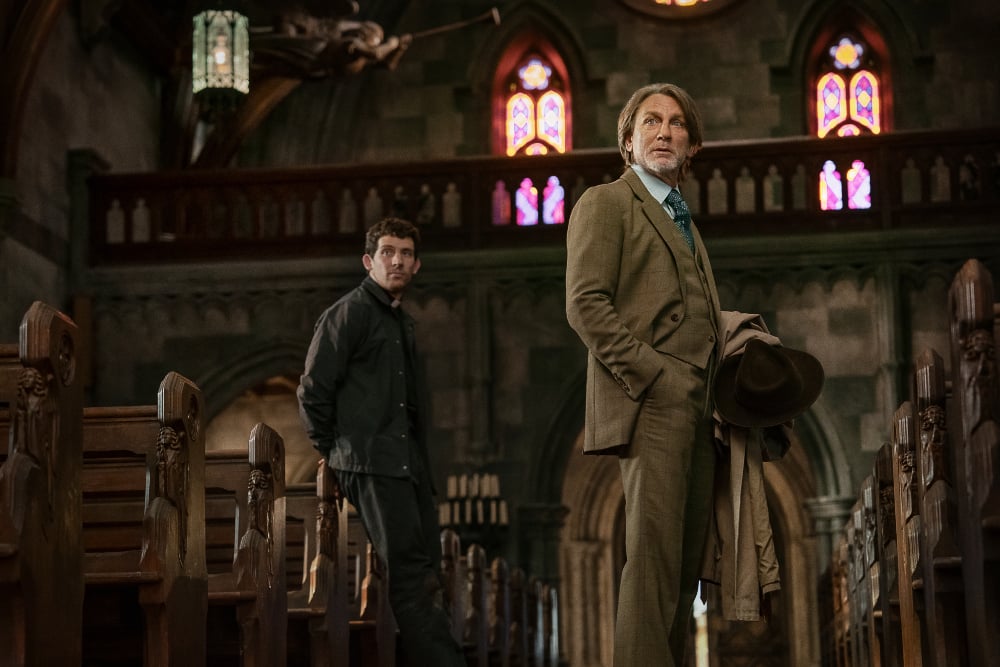‘The Brutalist’ Is a Captivating, Epic Drama — Even if it Is Too Long
Brady Corbet’s takedown of the American Dream is elevated to grandeur by an excellent cast.
The epic drama “The Brutalist” is an unflinching takedown of the American Dream mythos, portraying the peril-soaked life of a gifted immigrant. Its protagonist only succeeds due to the mercurial largesse of a moody millionaire; when he does achieve renown, it is only through a haze of uncertainty, drug abuse and servitude.
The title refers to the architectural style. It could also refer to the circumstances.
We meet László Tóth (Adrien Brody) as he escapes the Holocaust, stumbling onto American soil sure that his family is dead and his once-promising career as an acclaimed architect is a memory. Taken in by a fully Americanized cousin (Alessandro Nivola) and his American wife (Emma Laird), Tóth builds furniture and sinks into an uneasy, unhappy existence. Simultaneously, his fate changes on two counts: He learns that his wife, Erzsébet (Felicity Jones) is alive, and a grouchy benefactor (Guy Pearce) takes an interest in Tóth’s design acumen.
While fighting to bring his wife to America, Tóth is given a task that is quite literally monumental: Design a sprawling arts center and church in a picturesque bedroom community. Tóth pours too much of himself into the project, which is subject to the whims of both his patron and distrustful locals, finding himself continuously unhappy and frequently unemployed.
“The Brutalist,” directed and co-written (with Mona Fastvold) by the rising-star director Brady Corbet, is a curious and ultimately successful picture of harsh reality. Disinterested in rags-to-riches platitudes and disinclined to melodrama, it moves like an engrossing novel; even as it becomes clear that no neat resolution is forthcoming, it remains captivating, thanks in large part to uniformly committed performances.
Its novelesque structure, however, holds it back from greatness. Aside from its status as the presumptive Best Picture frontrunner, one fact has defined discussion over “The Brutalist” thus far — its excessive length. The film runs a languid 215 minutes (although 15 of those are an intermission, a welcome break that should be more common in movies of significant length).
There are certainly good films that pass the three-hour mark, and “The Brutalist” is one of them. But a somewhat tighter edit of this film would probably make it great, while this cut is merely very good. Corbet has pushed back against criticisms, saying that novels are free to be 200 or 700 pages as the story requires.
That’s true. Unlike films, however, novels are meant to be put down on occasion.
Michelangelo, describing the process of sculpture, once said, “I saw the angel in the marble and carved until I set him free.” Corbet stopped carving before this particular angel was quite loosened.
My Rating: 8/10
“The Brutalist” is now playing in theaters.















